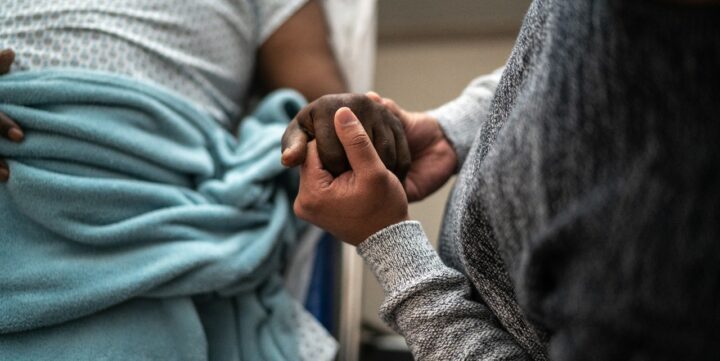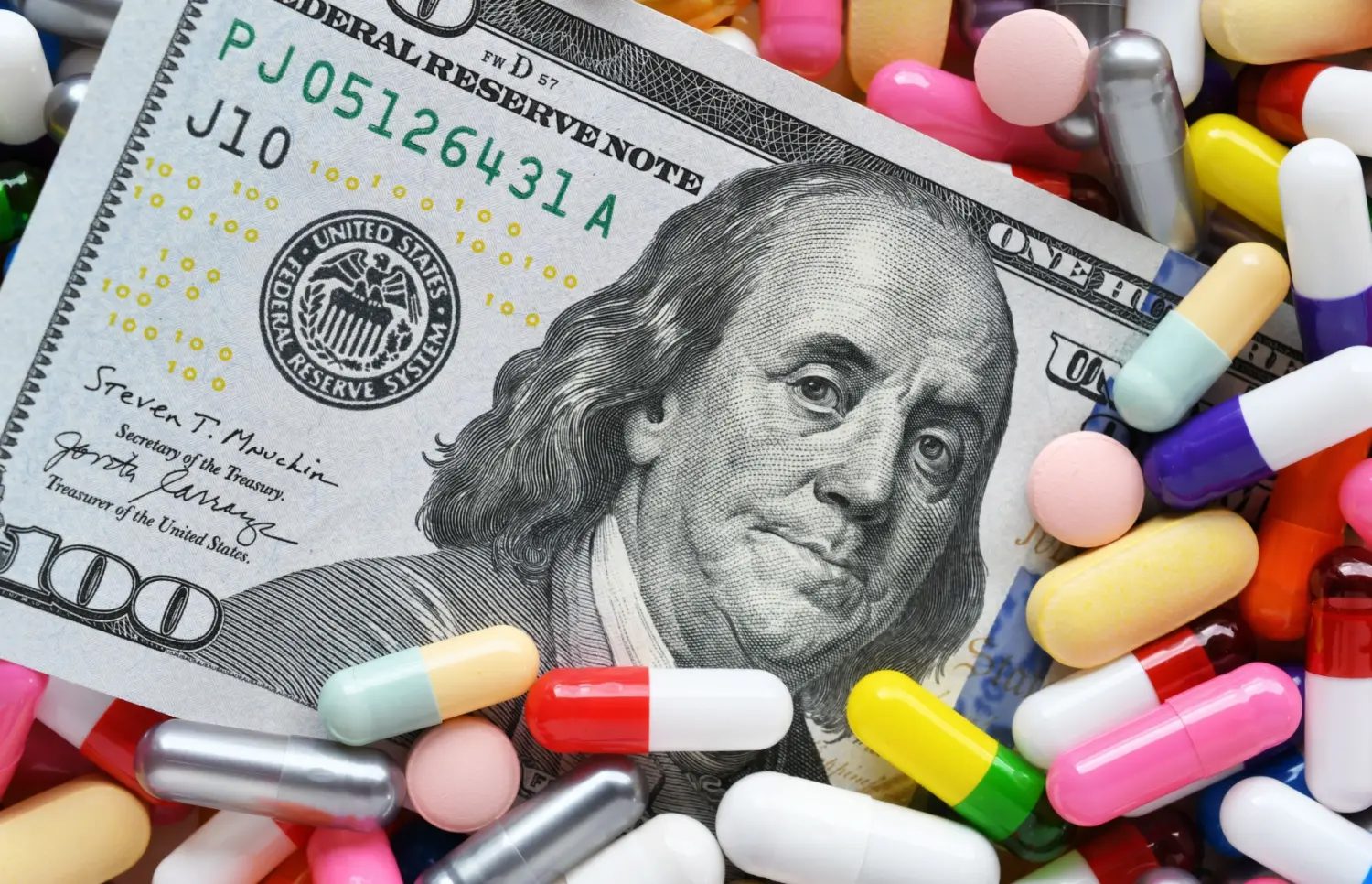World Organ Donation day (13th August)
August 11, 2023
The lifesaving power of organ donation
As we approach World Organ Donation Day on August 13, it is crucial to remind ourselves of the power and potential that organ donation holds. This global observance serves as a clarion call, raising awareness about organ donation and dispelling associated myths. For medical professionals, it presents an opportune moment to reaffirm our role in educating and encouraging individuals about the critical importance of this life-saving gesture.
Organ, eye and tissue donation saves lives, restores health and improves the quality of life for thousands of Australians each year. But did you know that only 2% of people who die in hospital each year can be considered for organ donation? One organ donor can save the lives of up to 7 people and help many more through eye and tissue donation.
Organ donation is the process whereby an individual willingly offers their organs for transplant to someone in need. This altruistic act holds the power to save up to eight lives, transforming the narrative for patients suffering from organ failure, a major cause of morbidity worldwide.
The story of organ donation started in 1954, with Ronald Lee Herrick becoming the first person to donate an organ. He gave his kidney to his twin brother in a successful procedure led by Dr. Joseph Murray, who was later awarded the Nobel Prize in Physiology and Medicine in 1990 for his pioneering work. This initial act of bravery paved the way for advancements in organ transplantation, forever altering the course of medical history. Since the Australian national program first began in 2009, more than 16,700 people have received life-saving organ transplants from 5,904 deceased organ donors.
World Organ Donation Day serves as a beacon, reminding us of our capacity to change lives. Organ failure has claimed countless lives over the years, exacerbated recently by the pandemic. The day offers an opportunity to make potential donors aware that their contribution can provide a lifeline to patients grappling with chronic diseases, offering them a chance at a healthier, fuller life.
Organ donation is not bound by age or societal boundaries; however, donors under 18 require consent from a parent or guardian. Those willing to donate need to ensure they are in good health and free from chronic illnesses such as HIV, cancer, heart, and lung disease. There are two forms of organ donation: living and cadaver donation. Living donors can give one kidney, part of the liver, part of the pancreas, or part of the intestine, thanks to the regenerative nature of these organs. Cadaver donation involves donating organs posthumously, extending the donor’s legacy while giving someone a new lease of life.
Despite the powerful potential of organ donation, there’s a distinct shortage of donors worldwide. Yet, there is hope. Heartening stories of organ donation, like that of the youngest donor, an infant who lived only 100 minutes yet managed to donate a kidney to an adult with renal failure, inspire us to spread awareness. As does the oldest known donor, a 107-year-old woman from Scotland who donated her cornea, reminding us it’s never too late to make a difference.
Organ donation is an unfortunately rare event
Not everyone can become an organ donor when they die. To be an organ donor, a person must die in a hospital’s intensive care unit or emergency department and be medically assessed as suitable to donate organs for transplantation. Only around 2% of people who die in Australian hospitals can be considered for organ donation. In 2021 only 1,250 people had the potential to be an organ donor. However, in 2022, 54% of families said yes to donation when asked in a hospital setting compared to 56% in 2021.
In the spirit of World Organ Donation Day, let us, as medical professionals, commit to leading by example. Let us actively participate in educating, dispelling misconceptions, and raising awareness about organ donation. There are currently around 1,800 Australians on the waitlist for an organ transplant. There are also around 14,000 additional people on dialysis – some of whom may need a kidney transplant. Let’s remind our patients, our families, and our communities that organ donation isn’t just about ending a life—it’s about starting new ones. And perhaps, in the process, we can help shift the narrative, transforming this act of kindness into a common, celebrated practice, saving lives one organ at a time.
Encourage your eligible patients to register as an organ donor today, to help save Australian lives: https://www.donatelife.gov.au/register-donor-today
Australian Organ Donor Register Statistics (2023) Australian Organ Donor Register statistics – Services Australia. Available at: https://www.servicesaustralia.gov.au/australian-organ-donor-register-statistics?context=1












